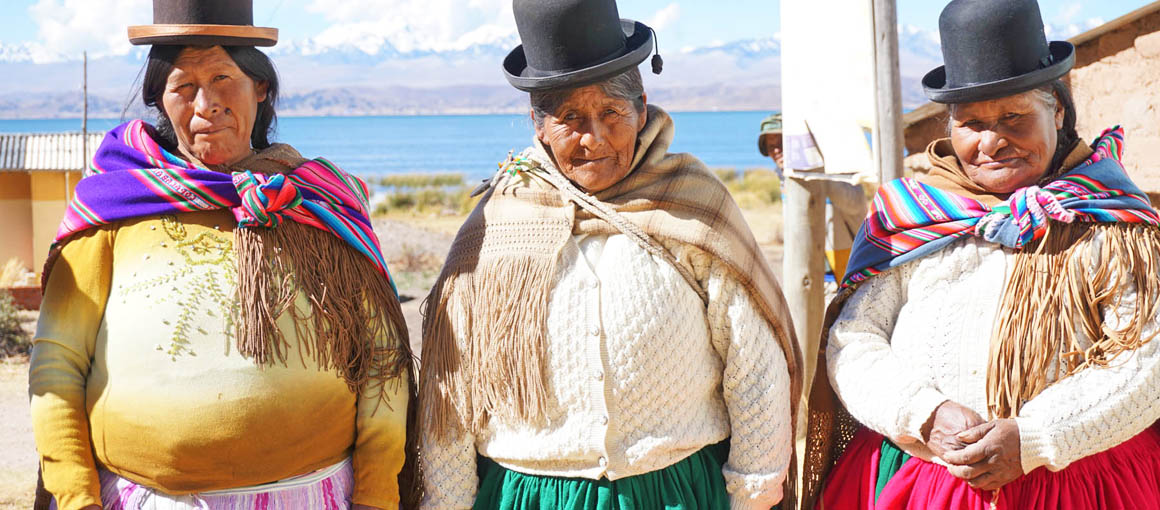





Interview with Tobias Esche,
Travel Guide Book author on Myanmar and Thailand (forthcoming),
Travel agency owner in Myanmar and Thailand
I was born in Berlin in 1979, at a time when my grandparents were in their last year at their diplomatic posts in Yangon, Myanmar. However, after 1991 they decided to spend their retirement years in Yangon, and invited me to visit them and the country for the first time in 1996. Read more
The basic principle of Servant Leadership is simple. Leading is serving others. It requires a high level of sensitivity for the needs of other people.
The principle goes back to the big questions people ask across cultures.
Robert Greenleaf saw leadership as a service to others. He coined the term Servant Leadership and is considered to be its founder.
He was strongly influenced by German author Hermann Hesse.
I studied computer science, more exactly I studied Artificial Intelligence, maybe because of those beginnings I often found myself thinking of people while I was developing programs and working on computer projects. Years later I realised there couldn’t be computers without people and that it was from their relation what great things could happen. So I shifted my line of work towards usability and user experience. To understand and improve how we, humans, interact with technology and how to improve those interactions.
The move to Germany was a combination of professional and personal objectives. I was part of an international community already while in Portugal, but I wanted to work in a more international environment. Vodafone Group projected that path for me and in 2009 I moved to Düsseldorf.
Most people remember Harold Lasswell for the phrase:
»Who says what in which channel to whom with what effect?«
But who was Lasswell? What kind of man was he and what influenced his thinking? What lessons can be learned from his ideas?
Lasswell was a communication expert who studied power relations and behaviour in society. He authored many books on topics such as personal security and political propaganda. Primarily he was concerned with mass communication. His ideas intended to elicit deeper analysis of media influences and effects on audiences.
100 years ago films were products with temporary commercial value. Original film prints started to disintegrate as early as the 1920s and production companies did little to ensure its preservation. So most films of this time period have turned into dust. But sometimes miracles still do happen.
For 12 decades films give us insights into diverse cultures and impressions of different ways of life. As we are bombarded by moving images today films almost lost their magic. However – the way we dress, the way we talk and act in daily life, the things we believe or doubt are still influenced by films.
By learning about the social and cultural influences on and through films we understand the societies that produced and consumed them.
Reason enough to dedicate some future blog articles to film culture and progression of visual storytelling. Read more